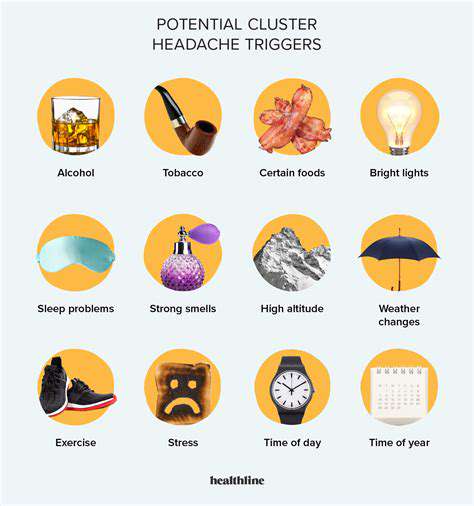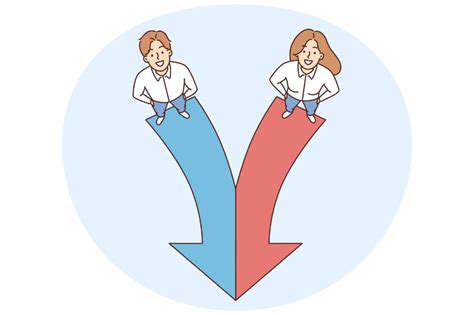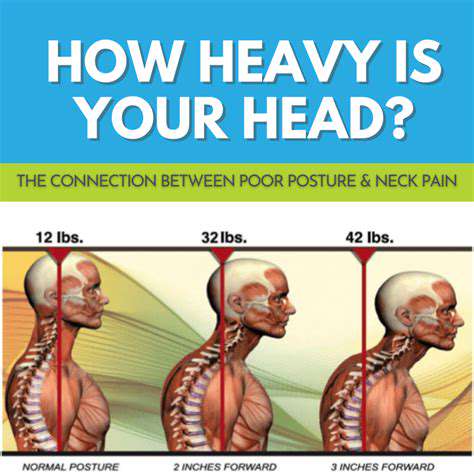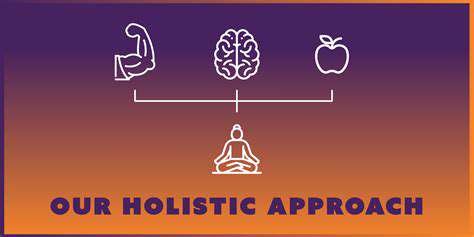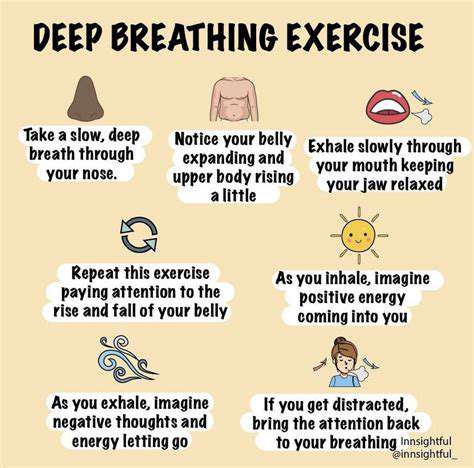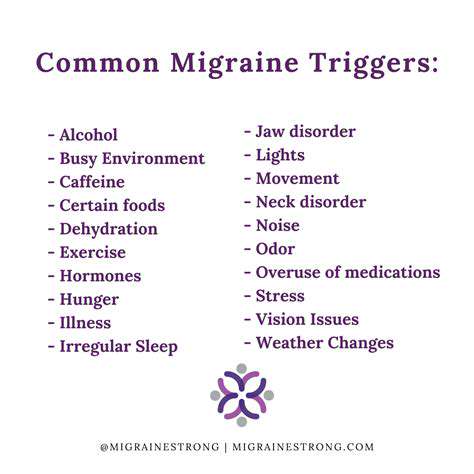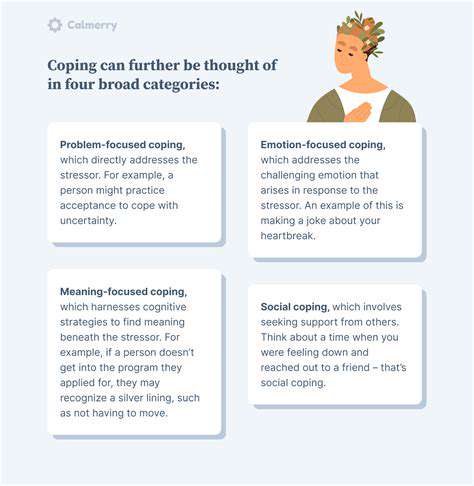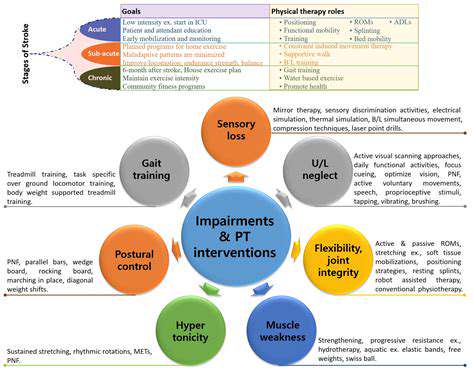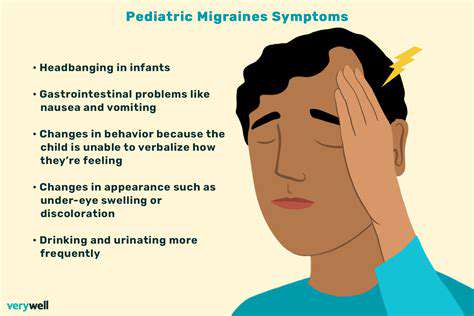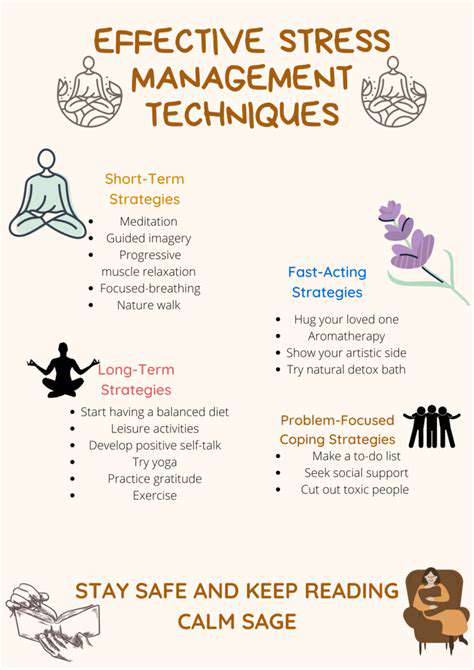Explore comprehensive insights into migraines and headaches including causes, triggers, treatments, and natural remedies. Empower yourself with knowledge to manage pain effectively and improve your daily well-being
Improve Your Daily Well being Despite Headaches
May 21, 2025
The Psychological Impact of Living with Chronic Headaches
May 21, 2025
Building Resilience While Living with Migraines
May 21, 2025
Aged Cheeses and Cured Meats: Tyramine and Headaches
May 19, 2025
How to Create a Relaxing Bedtime Routine for Better Sleep
May 19, 2025
Can Weather Really Cause Headaches? Exploring the Evidence
May 19, 2025
Can Hypnotherapy Help Manage Migraine Pain?
May 19, 2025
The Connection Between Neck Strain and Tension Headaches
May 19, 2025
Acute vs. Preventive Treatment: Understanding the Difference
May 19, 2025
Hemicrania Continua: A Less Common but Persistent Headache
May 18, 2025
The Role of Hydration Tracking in Headache Management
May 18, 2025
The Role of Physical Therapy in Managing Certain Headaches
May 18, 2025
Balancing Natural Remedies with Conventional Treatments
May 17, 2025
Migraines in Teenagers: Causes, Triggers, and Support
May 16, 2025
Chronic Daily Headaches: Causes and Coping Strategies
May 16, 2025
Travel and Migraines: Tips for Managing Triggers on the Go
May 16, 2025
The Potential of Ginger for Migraine Symptoms
May 15, 2025
Pediatric Migraines: Understanding Headaches in Children
May 15, 2025
Seasonal Allergies and Headaches: Is There a Link?
May 15, 2025



